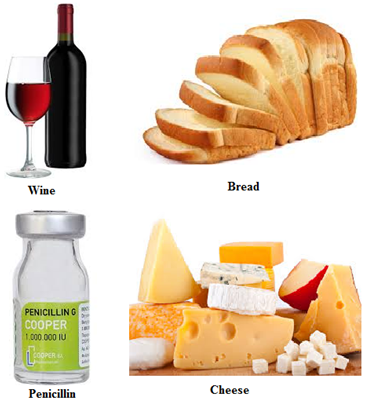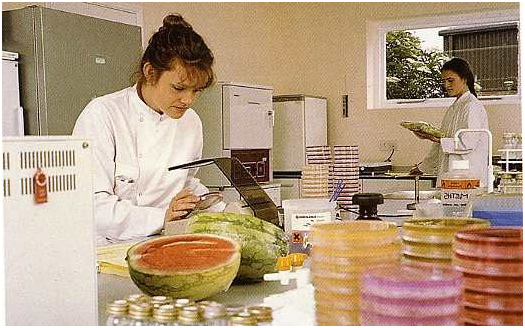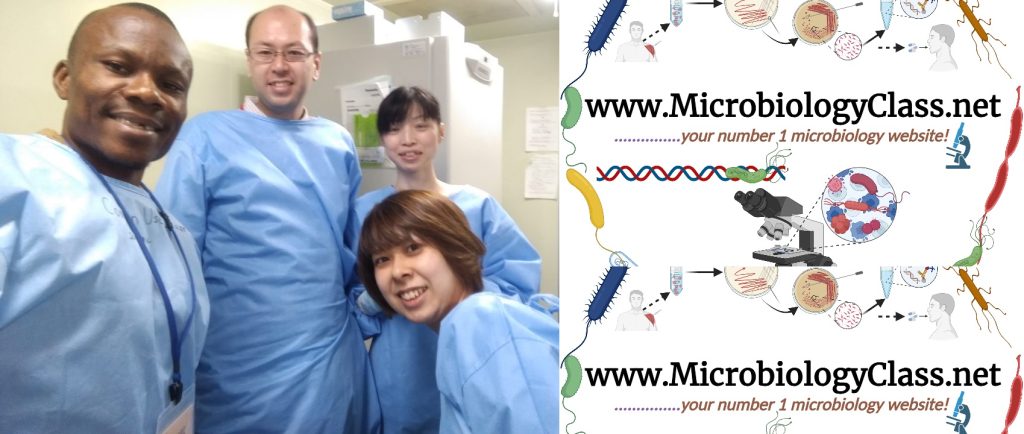GENERAL SIGNIFICANCE / IMPORTANCE OF FUNGI
References Anaissie E.J, McGinnis M.R, Pfaller M.A (2009). Clinical Mycology. 2nd ed. Philadelphia, PA: Churchill Livingstone Elsevier. London. Beck R.W (2000). A chronology of microbiology in historical context. Washington, D.C.: ASM Press. Black, J.G. (2008). Microbiology: Principles and Explorations (7th ed.). Hoboken, NJ: J. Wiley & Sons. Brooks G.F., Butel J.S and Morse S.A (2004). […]
GENERAL SIGNIFICANCE / IMPORTANCE OF FUNGI Read More »
Biotechnology, Food Microbiology, Industrial Microbiology, Mycology


